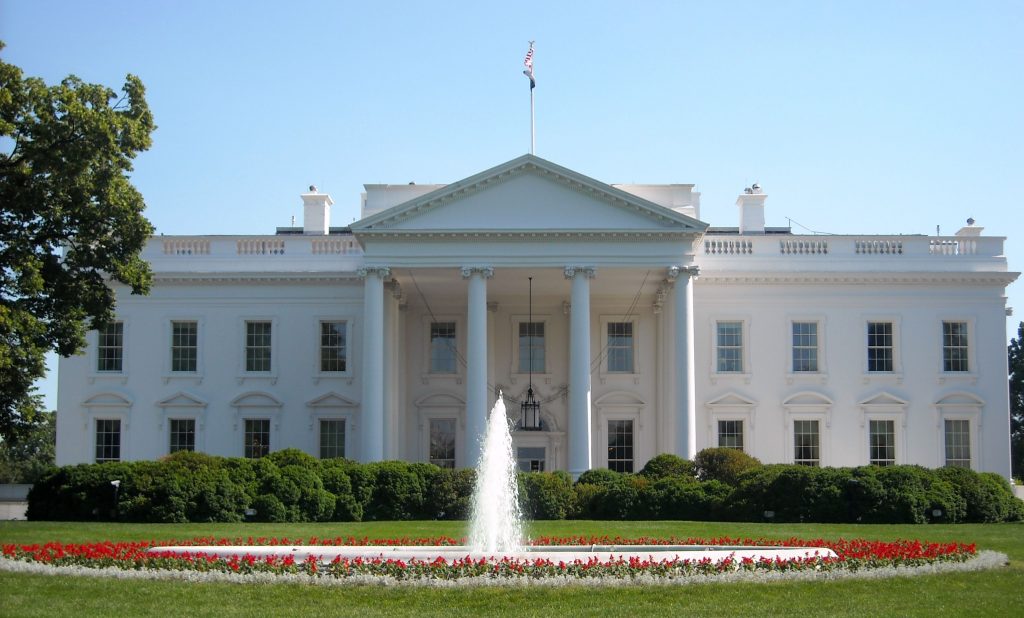Key Takeaway
Obama’s highly successful campaign in 2008 was turning heads far before his historic victory. Utilizing mass voter data in an unprecedented strategy, the then-candidate’s staff, led by DNC National Targeting Director Dan Wagner, very carefully mined real-time data inputs to determine messaging and allocation of resources.
Obama’s marketing campaign, by the numbers
It was the first campaign in history during which a large percentage of voters were fully immersed in social media and mobile apps. Accurately leveraging the new external data available made all the difference.
The Obama team’s campaign leaders and their data-driven thinking started to become hot commodities in Silicon Valley, contributing to a growing trend. As new forms of technology are being developed and new markets entered faster than ever before, regulatory barriers are becoming game-changing obstacles for brands who aren’t equipped to navigate this space – and tech companies need the expertise of those who have successfully navigated these waters.
Today, attention is turning toward political insiders, regulatory officials, police chiefs and policy writers as companies bring more public sector employees in house. What’s the value these political insiders can bring to a burgeoning technology company?

Tech bigwigs look to the public sector
Ride-sharing app Grab, second only to Uber in the Southeast Asia market, announced plans to bring on the former chief of Indonesia’s police force, Badrodin Haiti, as President Commissioner in Indonesia.
When Southeast Asian ride-sharing app Grab’s battle for market share peaked, the brand looked out at the strategies of its competitors. Uber had been in the news for bringing on a number of government executives over the last few years for help with regulatory and market entry issues, including a global advisory board to guide on public policy. In early 2017, Grab followed suit and hired former chief of Indonesia’s police force, Badrodin Haiti, as President Commissioner in Indonesia.
Tech companies have been increasingly dipping into the political pool for years. Obama’s former staff members have been hitting Silicon Valley hard since his first term, with Environmental Protection Agency head Lisa Jackson now at Apple; Nick Shapiro, former deputy chief of staff for the CIA, and Attorney General Eric Holder at AirBnB; and former senior analyst Ryan Metcalf at PayPal as Chief of Staff. Even Chelsea Clinton’s husband Marc Mezvinsky has gotten involved as vice chairman at Social Capital. Google, Amazon and many others also have former insiders on their payroll.
Staffers who made the move from D.C. to S.V.

Apple
Environmental Protection Agency head Lisa Jackson joined Apple

Airbnb
Nick Shapiro, former deputy chief of staff for the CIA, and Attorney General Eric Holder moved to AirBnB

Paypal
Former senior analyst Ryan Metcalf joined PayPal as Chief of Staff

Social Capital
Chelsea Clinton’s husband Marc Mezvinsky is Vice Chairman

Tinder
Matt David, former Republican campaign staffer, became head of marketing and communications at Tinder

KPBC
Ryan Panchadsaram, former U.S. Deputy Chief Technology Officer, is a partner at KPCB

Chan Zuckerberg Initiative
Ken Mehlman, former RNC chairman, leads the board at the Chan-Zuckerberg Initiative

Thumbtack
Steven Siger from the Obama team, now an attorney at Thumbtack. Katie Biber, former general counsel for Romney’s 2008 campaign, also joined

Uber
David Plouffe, former Obama campaign manager, was SVP of policy and strategy at Uber, later moved to Chan Zuckerberg Initiative

Bully Pulpit
Ben LaBolt, former spokesman for Obama campaigns, now a partner at Bully Pulpit Interactive

Kristina Schake, former Hillary Clinton surrogate, now global communications director for Instagram

Stripe
Sarah Heck, Obama’s former director of global engagement at the White House, joined Stripe
The value of public sector insights
According to a 2014 article in Wired at the time Uber brought former Obama campaign manager David Plouffe on board as senior vice president of policy and strategy, “the only serious obstacle to Uber’s radical growth is the threat of regulation.” For many, uncertain regulatory measures and foreign policy are obstacles no amount of coding or in-house business intelligence can crack.
Plouffe’s success was due in part to his ability to make rapid decisions based on vast amounts of external data. He sees the same process coming into effect when acquiring users: “You’ve got real-time data, and that makes you make scheduling decisions and resource-allocation decisions and where to send surrogates and you’re adjusting those by the end multiple times a day.”
These former public servants bring more than experience mining data to the table; many come with insights not typically found in mainstream tech employees.
Demand for regulatory and government relations experts will continue to increase as companies embrace new technologies.
Outside Insight public sector brings to Silicon Valley

Thinking outside the business box
With increasingly rapid global expansion, it’s a major challenge for tech execs to enter new markets flying nearly blind in the face of potential regulatory, political and cultural restrictions.

Political and regulatory insight
Internal legal teams aren’t often experienced enough to both predict new regulatory measures and know how to work with the right officials to ensure you are abiding by them (or fighting them), particularly in new markets.

Fast legal thinking
Insight from an advisory board like Uber’s can mean the difference between forming a preemptive plan to work around possible new legal barriers, and getting caught in the crossfire once they’ve been enacted.

Brand-building
Public sector vets have dealt with high-pressure PR crises and worked closely with some of the nation’s best marketers and fundraisers. They’re also pros at building grassroots campaigns – after all, voters are customers too.
Thinking beyond internal data
When considering your business strategy, it’s important to think beyond your brand’s own expertise. Navigating the waters of geographical expansion and technological innovation requires thinkers familiar with any potential obstacles that can impede your company’s growth. Inside access to Outside Insight might just make the difference between winning out or being overtaken by your competition.

